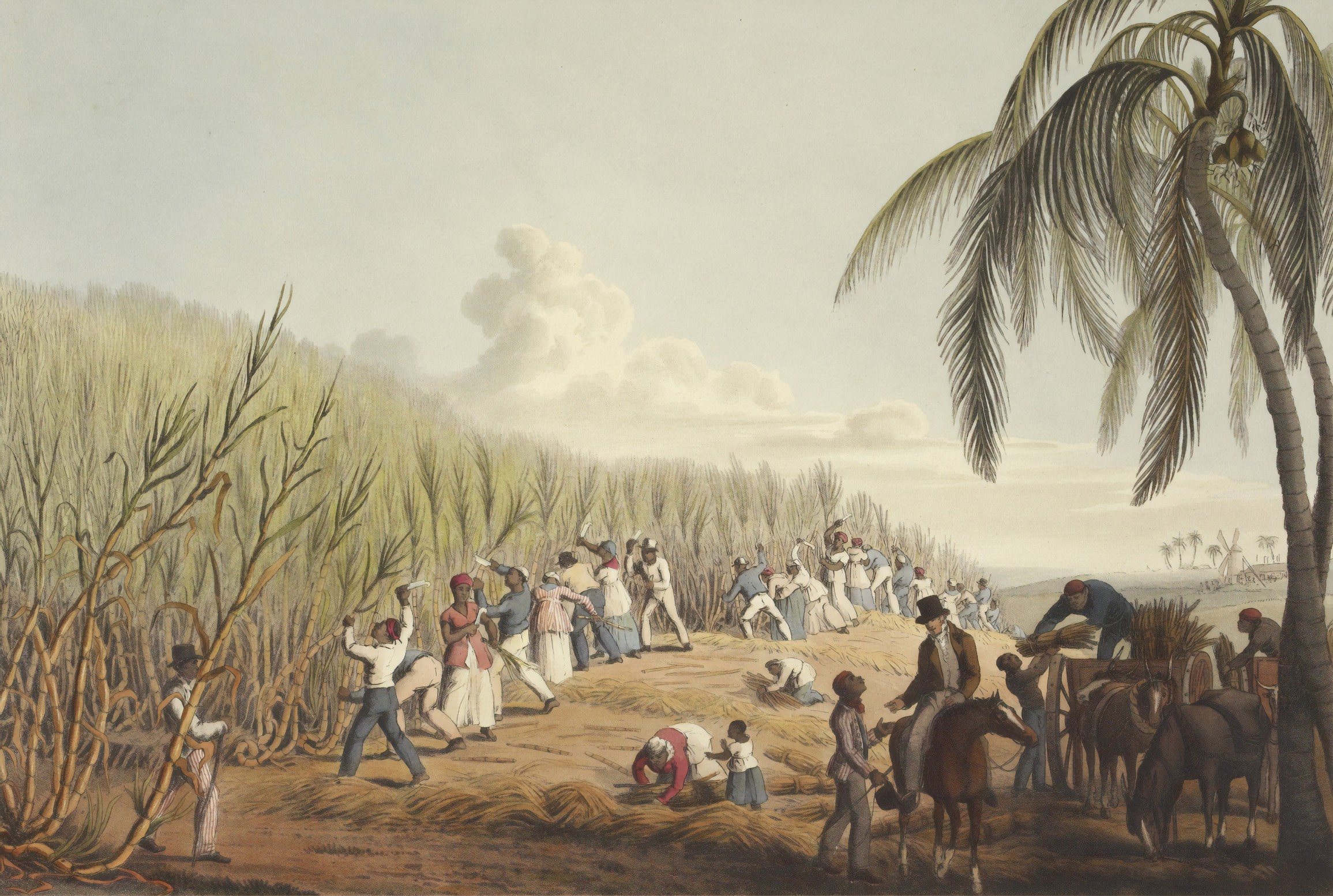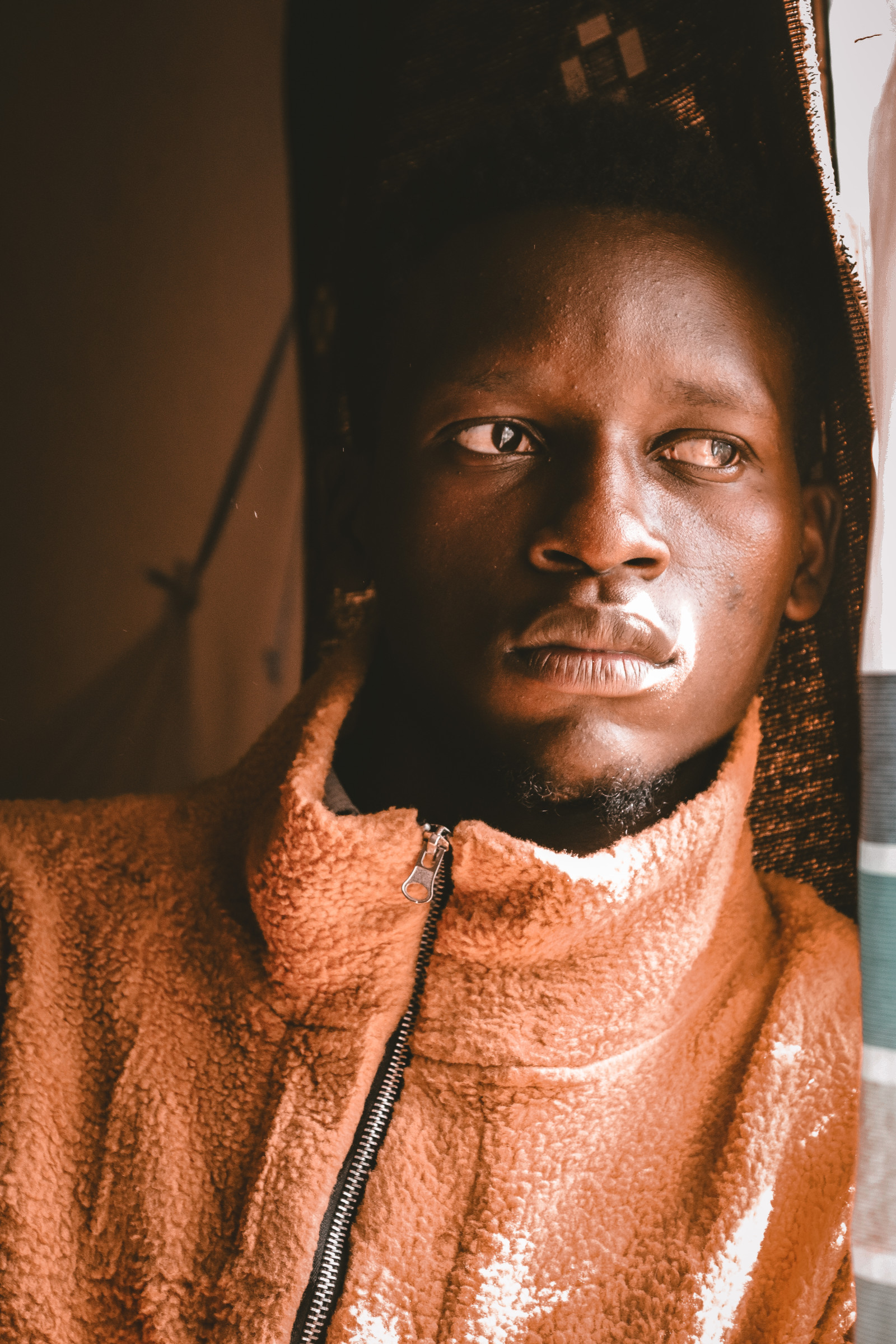The history of slavery in the Atlantic world is a complex and multifaceted one, yet it is often simplified and reduced to a distorted narrative that places the blame solely on Africans for their own enslavement. The common refrain that “Africans sold their own people into slavery” is a truncated story that deflects responsibility from the true perpetrators of the transatlantic slave trade: the merchant class of Europe. In this blog post, we will explore the various historical facts and contextual nuances that have been overlooked or deliberately erased from the dominant narrative of African complicity in the slave trade.
Before we delve into the specifics of the African role in the slave trade, it is important to address a fundamental quote that provides a key perspective on the matter. It goes: "If the victim and the victimizer tell the same version of the crime, the victimizer is a liar and the victim has been brainwashed into believing the lie." This quote serves as a reminder that the dominant narrative of history is not always accurate and should be examined critically to uncover the hidden truths that have been obscured.
One of the most common misconceptions about the transatlantic slave trade is the idea that Africans were solely responsible for the enslavement of their fellow Africans. This simplistic view ignores the complex economic and political factors that led to the rise of the slave trade. Basic economic sense dictates that demand comes before supply, and in the case of the transatlantic slave trade, demand for African slaves was created by the mine and plantation owners in the Americas, Caribbean, and Atlantic Islands. The merchant class of Europe, who designed, insured, financed, and owned the slave ships, saw an opportunity to profit from this demand, and thus created the supply of African slaves.
The idea that Africans were solely responsible for their own enslavement is a truncated story that serves to deflect and transfer responsibility from Europeans to Africans. In addition, the number of Africans who went through the “Middle Passage” is often grossly exaggerated, and millions of African-Americans, Afro-Latinos, and Afro-Caribbeans are descendants of American Aborigines called Negros da Terra by Iberian conquistadors. Others are the descendants of African colonists who had settled in America long before Columbus was born. The African Moors (Berbers), West African Mandinga, and West Central African Kongo beat Columbus to the Americas, and there is documented evidence to support this.
The Triangular Trade was a system that was designed to feed the demand for African slaves, and it was the merchant class of Europe that controlled and profited from this system. They were responsible for the transportation of African slaves from Africa to the Americas, and they used various tactics to secure their supply of slaves. The gun for slave tactic and gunboat diplomacy provided a specific context where Africans were forced to choose between raiding or being raided, trading or perishing. A number of Africans chose to live inland for safety, far from the coast. European slavers came to Africa on gunboats, and this was why some African kings and chiefs were willing participants in the slave trade. It was a matter of survival.
However, a lot of Africans resisted the Triangular Trade militarily, diplomatically, and politically in Africa, Europe, and the Americas. The resistance was not just against European slavers but also against African slave soldiers and mercenaries of European armies and African slave trade partners. The number of Africans who were killed during anti-slavery wars in Africa and America is never disclosed.
A lot of Africans were not sold by African slave traders but were tricked or captured during slave hunts or parties organized by European slavers. In fact, a number of “European” slavers were of mixed Euro-African origin, and they carried out most of the slave hunts in


Login to join the discussion